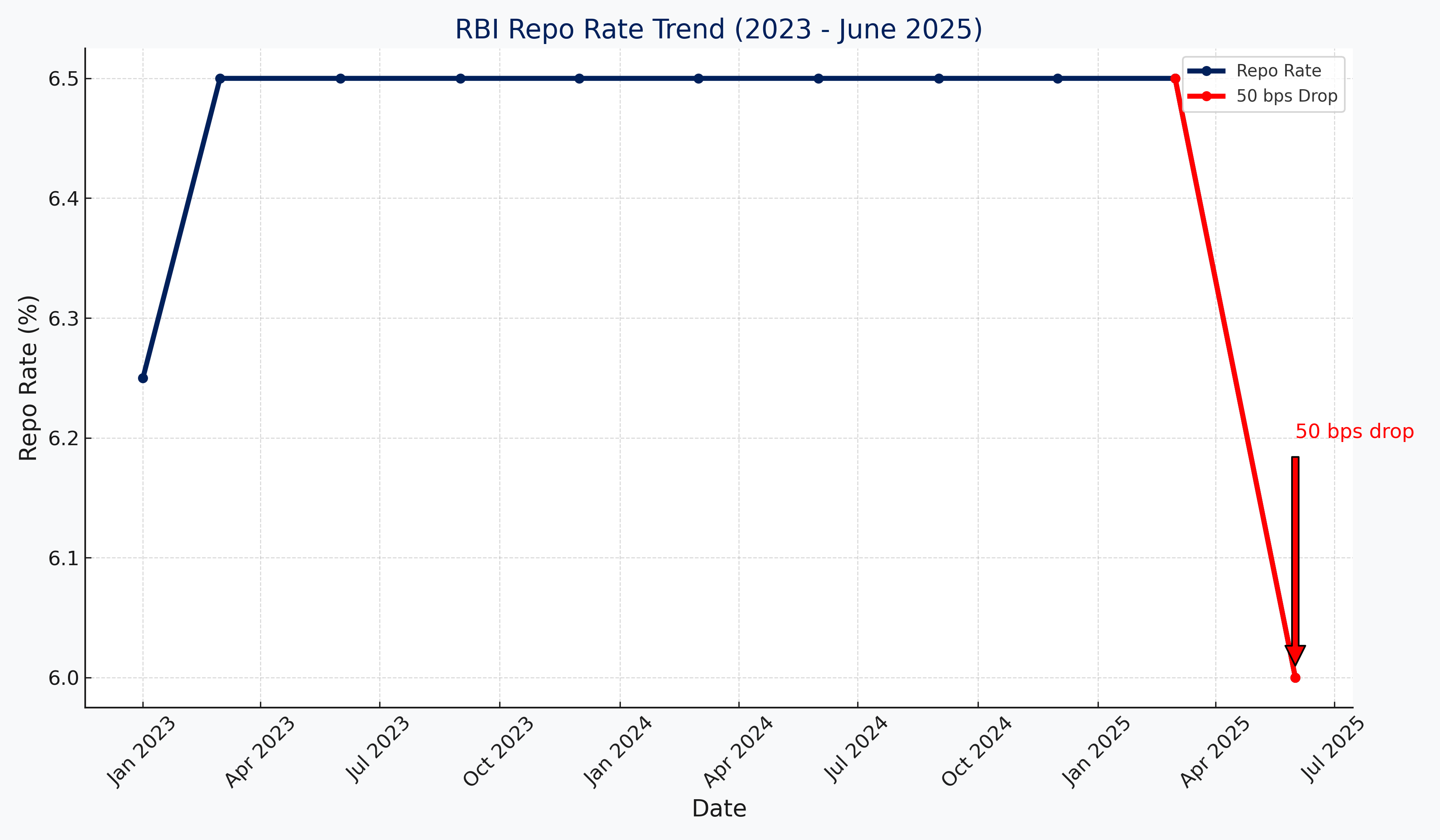Washington, D.C., May 2025 — A new United States bipartisan bill would permit Canadian “snowbirds” to remain longer in the United States without a visa. The Canadian Snowbird Visa Act, which was introduced last month, suggests lengthening the permissible stay for qualifying Canadians from 180 days to 240 days annually.
The bill is sponsored by Republican Rep. Elise Stefanik of New York, Republican Rep. Laurel Lee of Florida, and Democratic Rep. Greg Stanton of Arizona. It singles out Canadian citizens who are 50 and above and have a permanent home in Canada while owning or renting a second home in the U.S.
According to the bill’s sponsors, the measure is designed to boost the U.S. economy, particularly in states with large seasonal Canadian populations like Florida and Arizona. “We’re supporting job growth, strengthening ties with our closest ally, and helping local communities thrive,” said Rep. Lee in a statement.
Snowbirds Fewer in Number Amid Strained Relations
The bill, which was proposed, comes at a time when fewer Canadians have been traveling south for winter months. The decline is due to increasing insurance costs, a weaker Canadian dollar, and residual fears of former President Donald Trump’s rhetoric, including his trade policies and inflammatory remarks about Canada.
Trump’s tense relationship with ex-Prime Minister Justin Trudeau and his continued comments stating Canada should be the 51st state of the U.S. have fueled anxiety among Canadians. While current Prime Minister Mark Carney has been on more friendly terms with Trump, the comments remain to fuel political tensions and have helped fuel slipping Canadian tourism. Experts say such anxiety might have contributed heavily to Carney’s recent election win.
New U.S. Rules Spur Backlash
In addition to the suggested visa extension, the U.S. has put forward new regulations requiring Canadians visiting the U.S. for longer than 30 days to register with the U.S. government and keep evidence of registration on their person. The shift has been sharply criticized by the Canadian Snowbird Association, claiming that the regulation is an added burden and will further dissuade travel to the U.S.
The U.S. Embassy explained that Canadian visitors who enter by air or receive an I-94 form at a land port do not need to register further, but there is still confusion among travelers and border agents.
Tourism Data Reflects Decline
Statistics Canada reported that there was a 32% decline in Canadian motorists returning from the U.S. in March over the same month last year. The Canadian Snowbird Association cautioned that unless the new registration requirements are reviewed, this declining trend will persist.
The Canadian Snowbird Visa Act is intended to turn that trend around by providing greater flexibility to long-stay visitors, possibly reversing some of the lost travel and economic activity.






